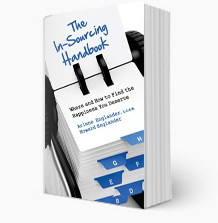I watch it occur in my office so often: the mind racing madly to escape a situation that exists only because of having fallen victim to some version of the idealized notion of who we think we ought to be, or who we think we want to be, or who we think other people think we ought to be or want to be.
The mind is an expert at creating drama. We see outcome as black or white, right or wrong. A patch of solitude becomes a well of loneliness; falling short of an objective leaves us wallowing in abject hopelessness. If we’re not feeling “up” well then, we must by definition be “down” and so we churn away, keeping ourselves busy searching for something to cheer us up and change our mood. But the more we struggle the more entangled we get in a web of our own spinning.
As Pema Chödrön, the American Buddhist nun famous for her teachings on meditation, duly advises, give up the struggle. Instead, she teaches, enter a neutral world devoid of a fault-finding, polarizing reference point. This is called the middle way.
When we feel lonely, when we feel hopeless, we furiously resist the feelings. Our minds strive to come up with diversions; we try anything to keep ourselves busy so we don’t have to feel any pain. We call on our familiar repetitive ways of distancing ourselves from the pain.
The middle way, on the contrary, encourages us to stay right on the spot.
We are urged not to judge whatever arises in our mind but merely to acknowledge it; with compassion and humor; without analysis or evaluation. What we usually call good or bad we simply acknowledge as adjectives defining our thoughts. We resist describing them as right and wrong.
The middle way instructs us to let the thoughts come and go as if touching a bubble with a feather. If we are lonely, we sit with our loneliness without frantically searching for alternatives. We sit quietly, moving through the feeling.
When we relate directly with how things are, accepting reality rather than futilely trying to re-script it, equanimity replaces agitation. ‘So be it,’ we say to ourselves.

